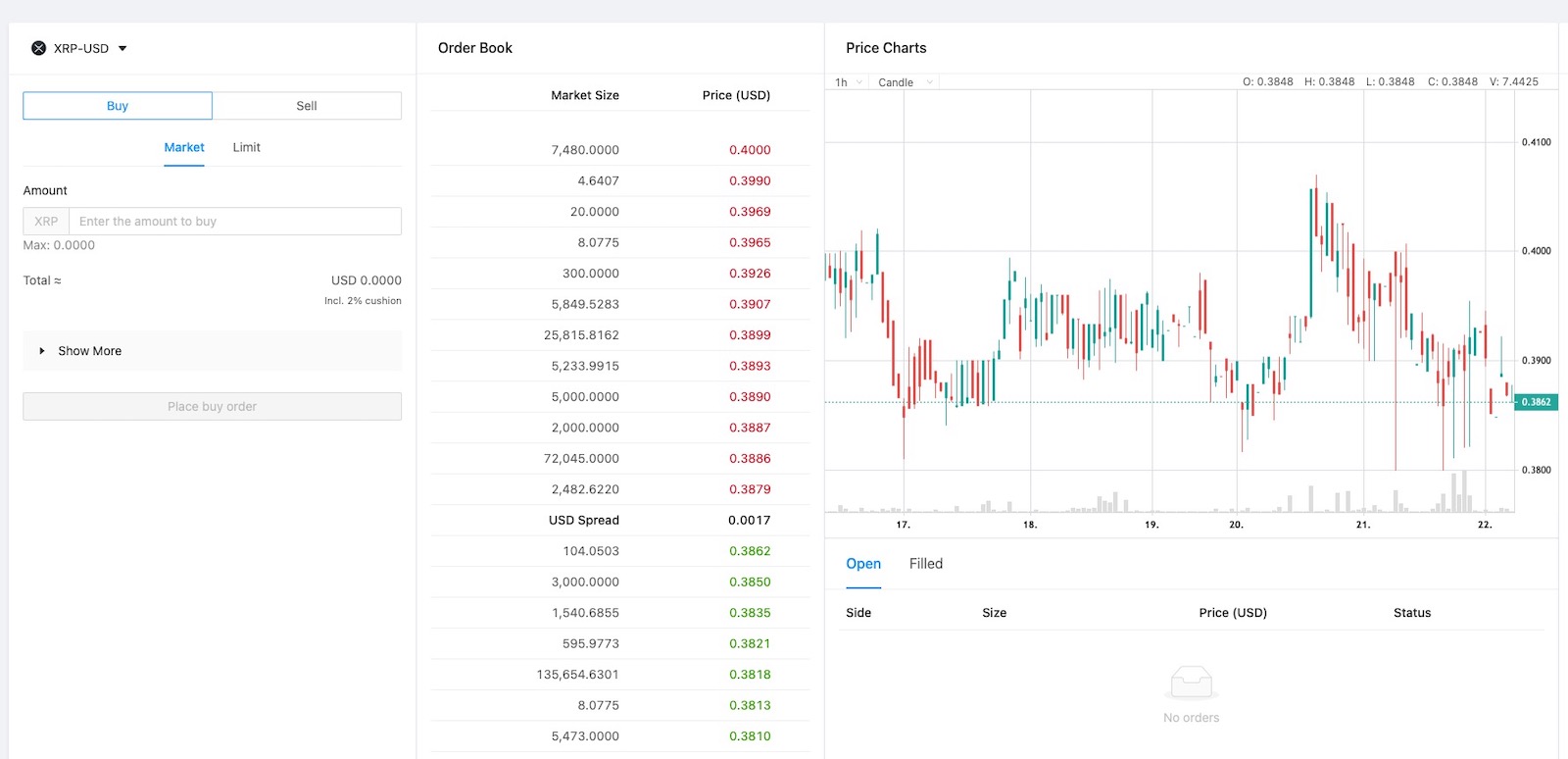Simplify your transactions with peer-to-peer technology. Our guide on what are peer-to-peer transactions explains how this innovative technology works and how it can benefit you.
In today’s digital age, peer-to-peer transactions have become increasingly popular due to their simplicity, speed, and security. In this article, we will explore what peer-to-peer transactions are, how they work, their use cases, security and privacy concerns, and their potential to transform various industries.
What is a peer-to-peer (P2P) transaction – definition
A peer-to-peer transaction is a direct exchange of goods, services, or funds between two individuals or parties without the need for intermediaries or a central authority.
Unlike traditional transactions that require intermediaries such as banks, payment processors, or marketplaces, peer-to-peer transactions enable individuals to transact directly with one another.

How do peer-to-peer transactions work?
Peer-to-peer transactions are facilitated by blockchain technology, which allows for secure, transparent, and tamper-proof transactions. When conducting a peer-to-peer transaction, the parties involved create a digital ledger on a blockchain that records the details of the transaction.
The ledger is distributed across a network of computers, and each computer on the network validates the transaction. Once the transaction is verified, it is added to the blockchain and cannot be altered. The parties involved in the transaction can then exchange goods, services, or funds without the need for intermediaries or a central authority.
Use cases for peer-to-peer transactions
P2P transactions have numerous applications in various industries. In finance, peer-to-peer transactions can be used for remittances, microlending, or for example crowdfunding. In marketplaces, peer-to-peer transactions can be used for buying and selling goods and services directly between individuals.
One example of a peer-to-peer transaction application are cryptocurrency trades on the decentralized exchange of the XRP Ledger. Users swap tokens between each other. The tokens are directly transferred between their wallets without any intermediary.
Security and privacy of peer-to-peer transactions
While peer-to-peer transactions offer many benefits, there are also security and privacy concerns. One concern is the potential for fraud, as peer-to-peer transactions are conducted directly between individuals without the protection of intermediaries or a central authority.
Another concern is the potential for hacking or data breaches. Since P2P transactions are conducted over the internet, there is a risk that sensitive information such as personal data and financial details can be intercepted by hackers.
To mitigate these risks, peer-to-peer transactions typically incorporate security measures such as encryption, authentication, and multi-factor authentication. These measures help protect the transactions from fraud and hacking, ensuring the security and privacy of the parties involved.
Future of P2P transactions
Despite these concerns, the potential for peer-to-peer transactions is significant. As more industries adopt blockchain technology, the use of peer-to-peer transactions is likely to increase. Peer-to-peer transactions have the potential to reduce costs, increase efficiency, and provide greater financial access to underserved populations.
In the future, advancements in peer-to-peer transaction technology may lead to new applications and use cases. For example, peer-to-peer transactions could be used to create more sophisticated financial instruments that allow trading with various financial assets.
Conclusion
In conclusion, peer-to-peer transactions are a new and innovative way to conduct transactions directly between individuals without the need for intermediaries or a central authority. They have numerous applications in various industries and offer many benefits, such as increased efficiency, security, and privacy.
While some concerns exist, the potential for peer-to-peer transactions is significant, and their use is likely to increase in the future. Understanding what a peer-to-peer transaction is and how it works is essential for anyone looking to dive into the world of DeFi.